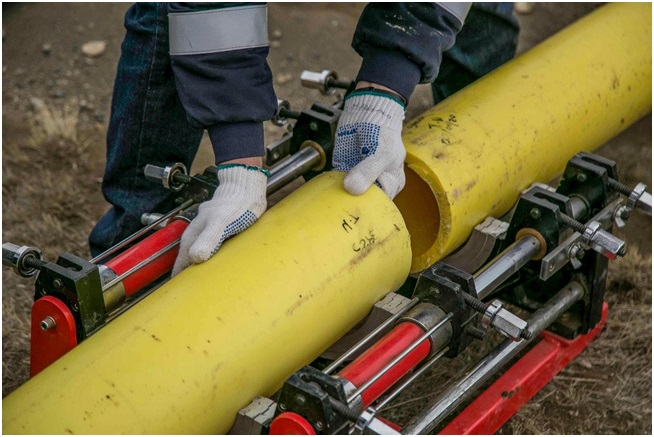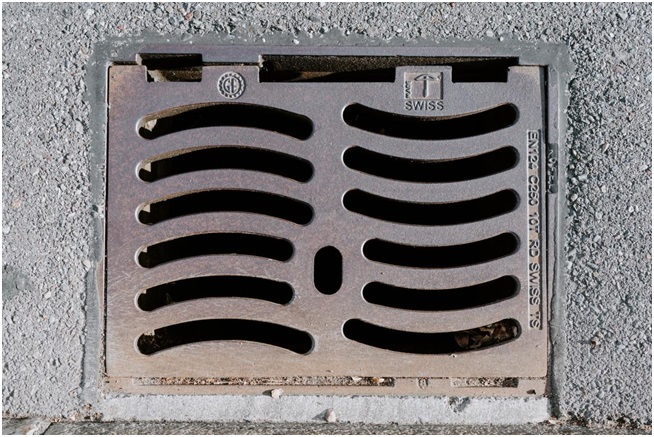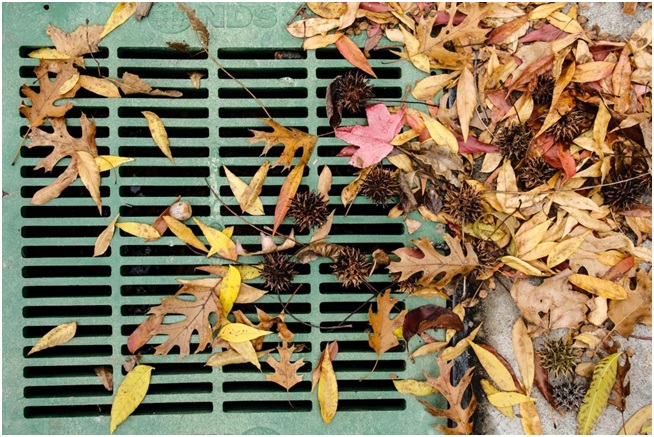Blocked stormwater drains are a hassle to both individual homes and whole residential areas. They can result in flooding, water damage, and general mayhem. Here are five things you can do to prevent blockages of your own drains.
Don’t flush inappropriate substances
An easy and commonly disregarded way of blocking one’s own drains is using them to dispose of things that are not water. Admittedly, part of this may be unintentional. Nobody in their right mind purposefully tosses sticks and stones into their stormwater grates. But they do get in, and wreak significant damage over time. We’ll cover such natural obstructions a bit further down. Regarding the household, people commonly flush unsuitable things down their drains, including grease and various chemicals.
These substances invariably end up in the common water supply. They affect the surrounding soil and natural bodies of water and pose a risk to public health. Therefore each member of the community has a responsibility to manage them properly.
Dedicate your drains to water disposal only. Read the manufacturer’s label on your cleaning products etc. for their dangers and prescribed disposal methods. Consult the wastewater disposal facility in your area for recommendations as well. As to cooking oil, fat, and grease, there are different views about whether they can be composted, or should be sealed and binned. Best consult your local environmental authorities for specific guidelines on household fat waste.

Prevent invasions by tree roots
Tree roots are one of the most dramatic hazards to any stormwater drainage system. Fallen leaves are just annoying, but root systems are genuinely dangerous. A living root system naturally grows in the direction of nutrients and water. The drained stormwater carries decaying organic matter it picks up along the way, not to mention minerals and nitrogen from the surrounding soil. If a root makes its way into a drain pipe, it will have found its ideal home.
Roots can be surprisingly destructive. Just remember old walls crumbling, taken over by persistent, strong, resilient trees. Drainage systems are likewise vulnerable, and root encroachment is one of the foremost causes of broken underground pipes.
Unless you want the mess and expense of uprooting a full grown tree, dedicate yourself to prevention. Research which tree species are known to be able to damage and destroy underground pipes. Pay special attention to varieties that are popular with landscapers in your area. Be strategic in your planting and make sure any tree saplings are set up sufficiently far away from your drains that their growth won’t become a hazard in the future.
Check your grates
One of the easiest ways to diagnose blocked drains early is to spot check your stormwater drains. Take a look at the grates every couple of weeks. Check for debris like leaves, sticks, or litter that has landed in the area and clear it off.
Pay special attention if there are deciduous plants close by. The leaves they shed are problematic even if they don’t outright enter the drain. Leaves decay and this sludgy matter mixes with sand and dirt. The resulting mixture does get in, clogs the pipes, causes back-ups, and slows the draining.

Don’t skimp on manual cleaning
Tying into our previous point, don’t neglect junk removal in general. Preventive maintenance of stormwater drains relies heavily on proactive “debris patrol”. Keep an eye out for branches, pebbles, gathered dirt, litter, and any other rubbish. Collect all of the organic and inorganic waste in the drain area, separate it, and dispose of it in the appropriate waste bins or compost containers.
Be especially vigilant in the autumn. Leaves are a constant problem, especially in streets that have significant tree coverage. They tend to gather in drains and similar collection points. If you don’t regularly clean your gutters, you will experience some serious problems. Best to stay on top of your raking and prevent the issue from ever escalating.
Keep up with the annual maintenance
Even with all your precautions, some problems can slip by. It happens to the best of us, but you do have one last line of defence before they escalate. We are, of course, referring to professional preventative maintenance. Issues with drainage systems usually only make themselves apparent as blocked drains, and by that point it’s already too late. In other words, you won’t be able to notice the problems that slipped by on your own.
Once a year, call in professional stormwater drain cleaners. Have them do a thorough cleaning and inspect your drains. They will remove any dirt and debris you couldn’t get to, as well as notice signs of any damage early enough to sanitise it without major consequences.
Preventing blocked stormwater drains is actually fairly easy. It comes down to being mindful of your waste disposal and proactively keeping the grates clean. Add to that annual professional maintenance, and your pipes will be safe from clogging and flooding even in the most inclement of weather.
By Mike Johnston
Photo-Unsplash,pexels.com





